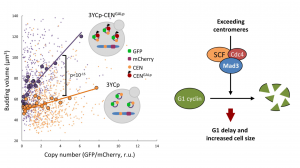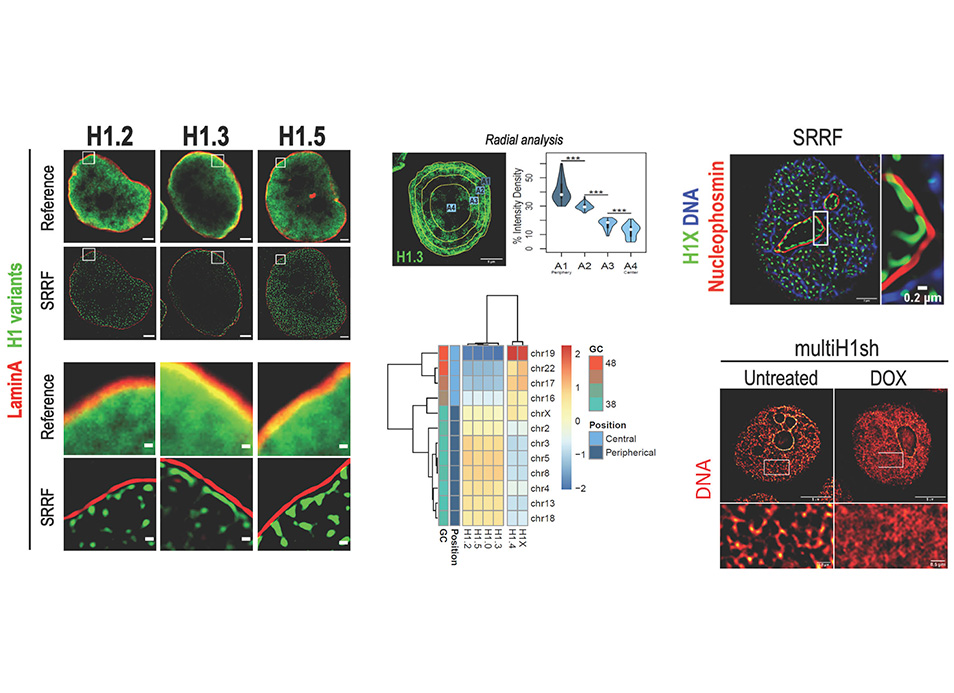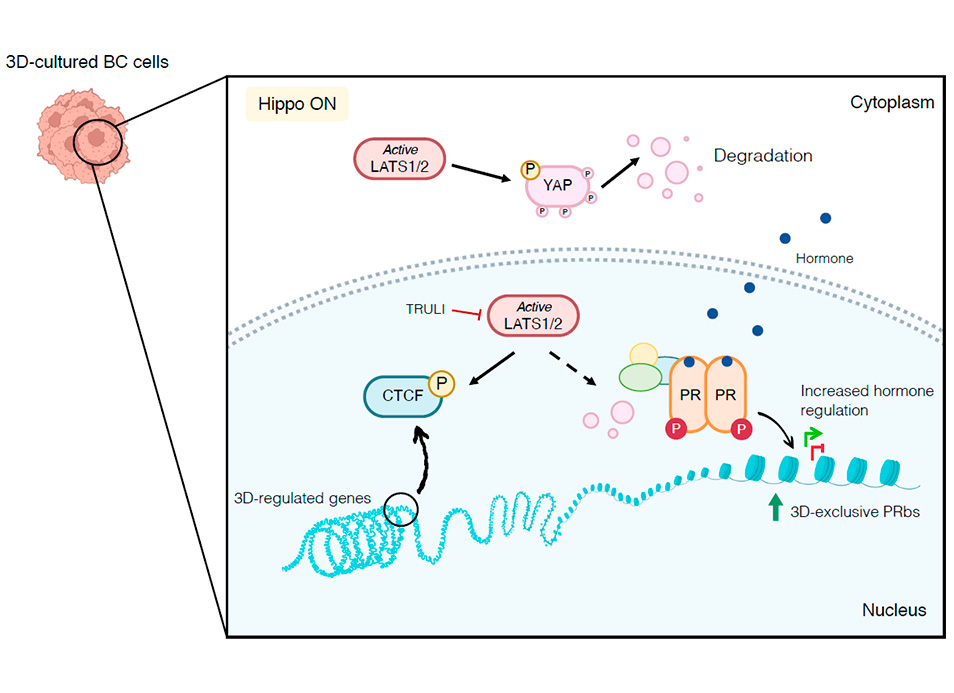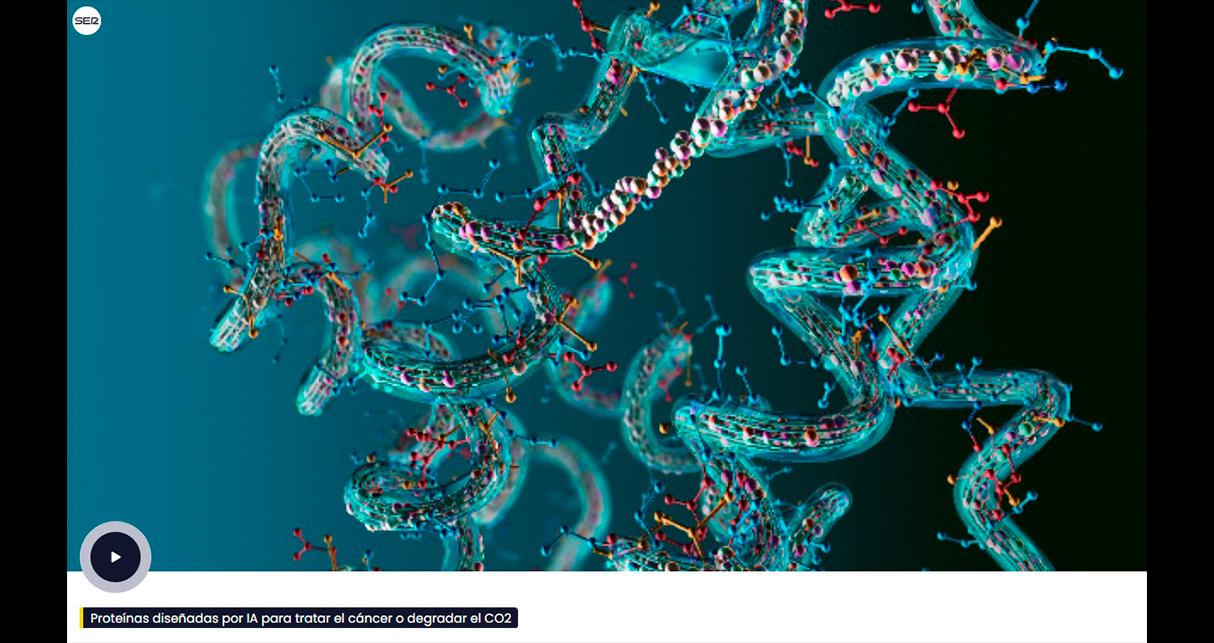New publication in eLife of the Jordan Lab in collaboration with the IBMB Imaging Platform showing that…
Centromeric signaling proteins boost G1 cyclin degradation
The number of centromeres modulates G1 cyclin levels and, as a consequence, has an impact in setting cell size in budding yeast. Our results point to the existence of dedicated mechanisms operating during entry into the cell cycle to adjust cell size to ploidy.

Cell size scales with ploidy in a great range of eukaryotes, but the underlying mechanisms remain unknown. Using various orthogonal single-cell approaches, we show that cell size increases linearly with centromere copy number in budding yeast. This effect is due to a G1 delay mediated by increased degradation of Cln3, the most upstream G1 cyclin acting at Start, and specific centromeric signaling proteins, namely Mad3 and Bub3. Mad3 binds both Cln3 and Cdc4, the adaptor component of SCF that targets Cln3 for degradation, these interactions being essential for the centromere-dosage dependent effects on cell size. Our results reveal a pathway that modulates cell size as a function of centromere number and we speculate that, in cooperation with other centromere-independent mechanisms, it could assist the cell to attain efficient mass/ploidy ratios.
Martínez-Láinez JM, Moreno DF, Parisi E, Clotet J, Aldea M. Centromeric signaling proteins boost G1 cyclin degradation and modulate cell size in budding yeast. PLoS Biology 16:e2005388 (2018)



